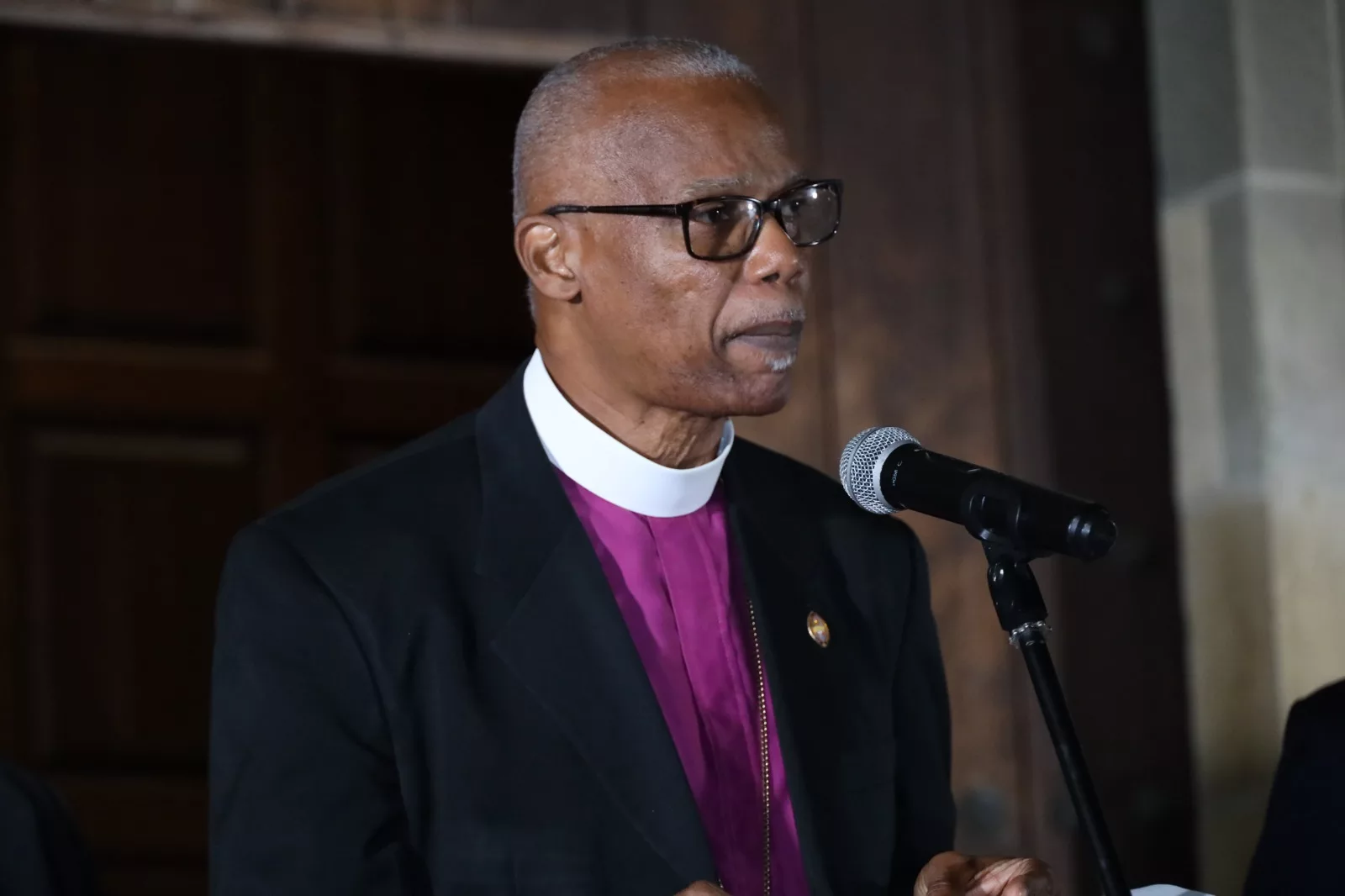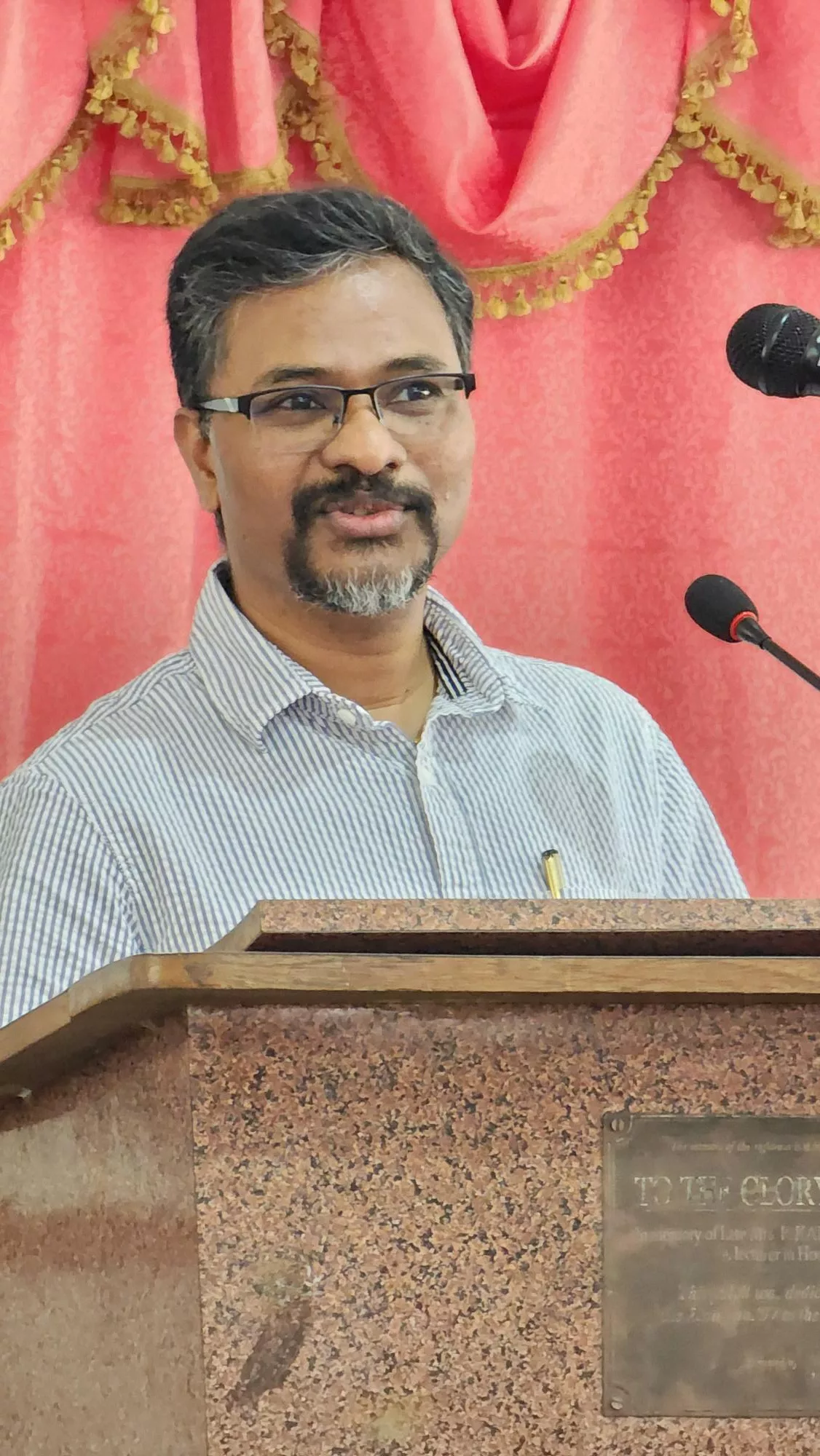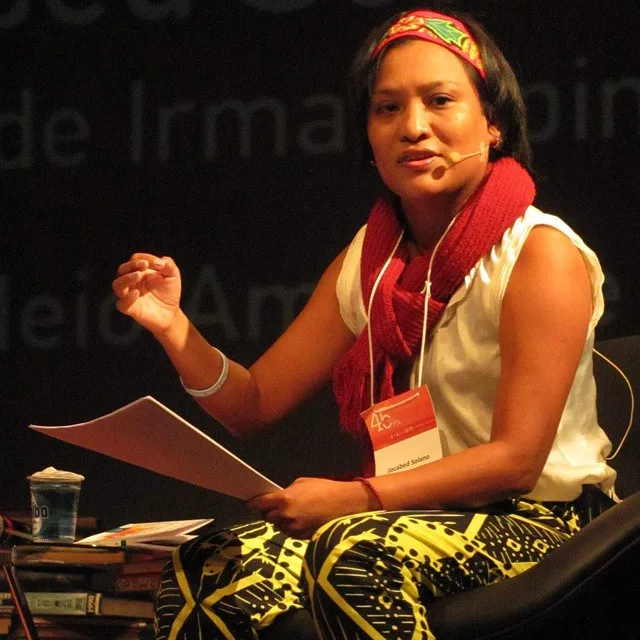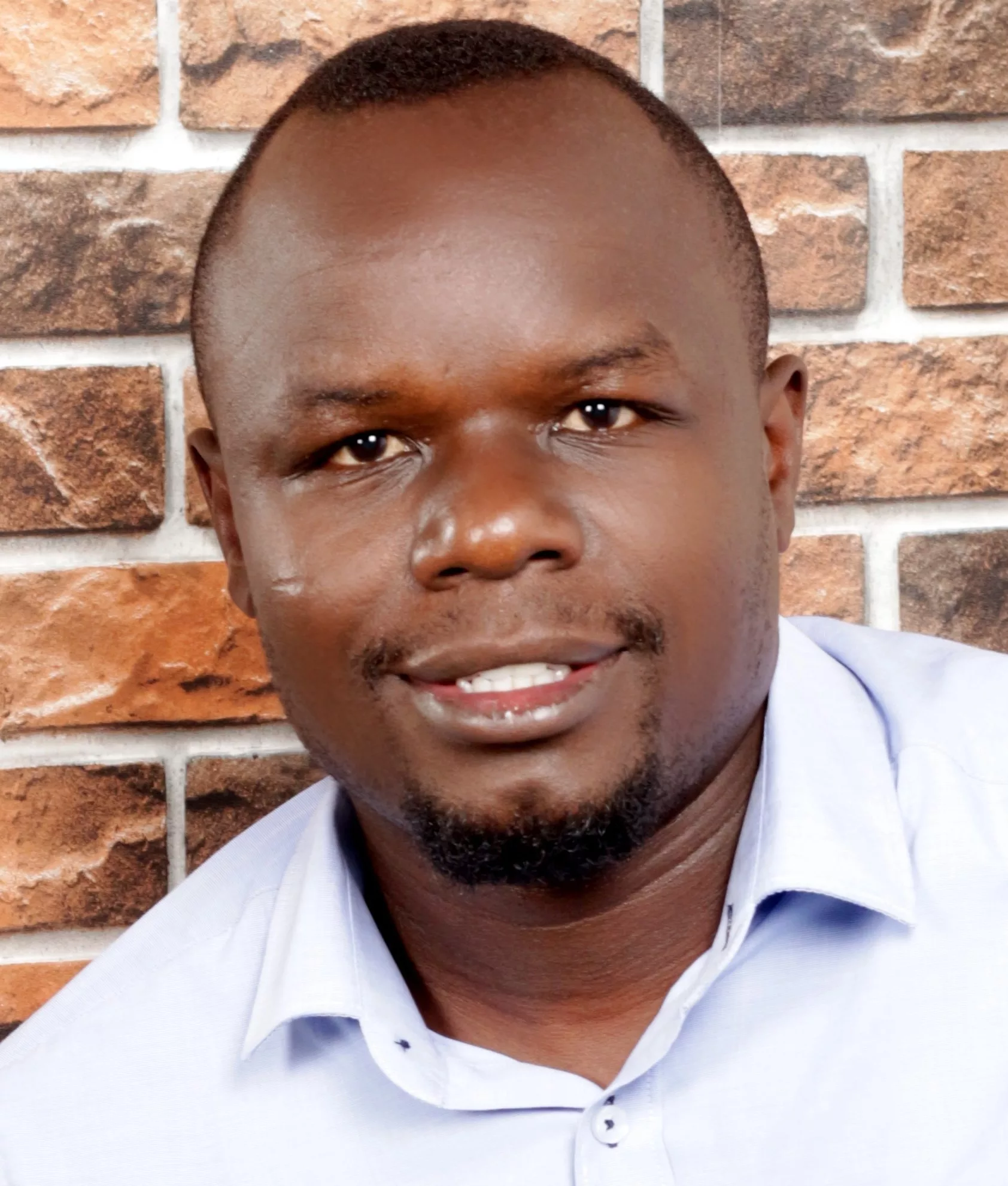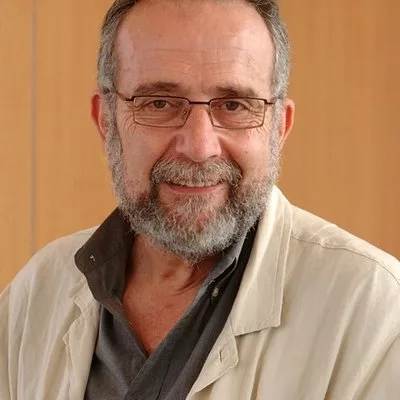Speakers
-
 Bishop Julio Murraythe Anglican Episcopal Diocese of Panama, Bishop of Diocese
Bishop Julio Murraythe Anglican Episcopal Diocese of Panama, Bishop of DioceseBishop Julio Murray is the diocesan bishop of the Anglican Episcopal Diocese of Panama and previously Primate of Iglesia Anglicana de la Region Central de America (IARCA). Locally in Panamá, Bishop Julio has also been very actively involved with the Government as member of the High-Level Dialogue for the Bicentennial Pact. He is also President of Panamá’s Ecumenical and Interfaith Committees. On behalf of the Anglican Communion, he Chairs the Anglican Communion Environmental Network (ACEN) and took part in COP 25 in Spain, COP 26 in Glasgow, COP 27 in Egypt. At COP26 he was invited to speak on the BBC’s Sunday Programme and took part in several interfaith initiatives. He also serves as Board Member of the Anglican Alliance and Chair of Phase III for the Lambeth Conference Steering Committee.
-
 Dinesh SunaWorld Council of Churches, Coordinator, Ecumenical Water Network
Dinesh SunaWorld Council of Churches, Coordinator, Ecumenical Water NetworkDinesh Suna is the coordinator of the World Council of Churches Ecumenical Water Network and based in Geneva. He has worked for more than 2 decades on ecumenical diakonia, especially on water justice issues.
He has spoken at various international conferences and forums, including the G20 Interfaith Forum in Tokyo 23. He has also written a reflection on the WCC’s water justice ministry . He is also a co-chair of the PaRD workstream on water, environment and climate action. -
 Jocabed SolanoMemoria Indígena, co-director
Jocabed SolanoMemoria Indígena, co-directorJocabed Solano: is from the Gunadule nation, an Indigenous people which are one of seven original ethnic groups in Panama. She is co-director of Memoria Indígena and a missionary with United World Mission. Her work in part consists of walking with and learning from Indigenous peoples; facilitating processes of dialogue with Indigenous peoples, starting from the narratives and memories of these Indigenous peoples; encouraging Indigenous peoples to write and record the stories of their communities and also the stories of the Christian women and men from among them; articulating Indigenous theological approaches that emerge from and for Indigenous communities; and recognizing the good news of Jesus and how it is interwoven into the identities of Indigenous peoples in Abya Yala (America).
-
 Nicholas PandeAnglican Communion, Environmental Policy Lead
Nicholas PandeAnglican Communion, Environmental Policy LeadNicholas is the Environmental Policy lead at the Anglican Communion Office at the United Nations. He is also the Global Facilitator of Communion Forest – a global initiative on ecosystem conservation, restoration and protection by Churches of the Anglican Communion. Nicholas has a background training on agronomy with a passion for care for creation.
-
 Prof. Pedro Arrojo-AgudoUN Human Rights Council, UN Special Rapporteur for Human Rights to water and sanitation
Prof. Pedro Arrojo-AgudoUN Human Rights Council, UN Special Rapporteur for Human Rights to water and sanitationProf. Pedro Arrojo-Agudo is the Special Rapporteur on the human rights to safe drinking water and sanitation. He was appointed by the Human Rights Council in September 2020 and started his mandate on 1 November 2020.
Previously, from 2016 to 2019, Arrojo-Agudo served as an elected member (MP) of the Spanish Parliament during its eleventh and twelfth legislature, during which he was part of the International Cooperation Committee working on human rights. Arrojo-Agudo was Professor in the Area of Fundamentals of Economic Analysis at the University of Zaragoza (1989-2011), and has been professor emeritus since 2011.
Mobilising Faith Communities for Action – Anglican Communion & WCC
- Climate change cannot be addressed in isolation. The nexus between food, sustainable agriculture, water and climate change is vital.
- This session will provide a space for practitioners, heads of faith communities for deeper and concrete climate action.
- This session will explore nexus between water, food and climate change and highlight good practices of the faith communities.
- This session aims to highlight good practices on climate justice by faith community.
- This session will introduce increased collaborations between faith communities, multi-actors and governments to address climate change, especially highlighting the nexus.

